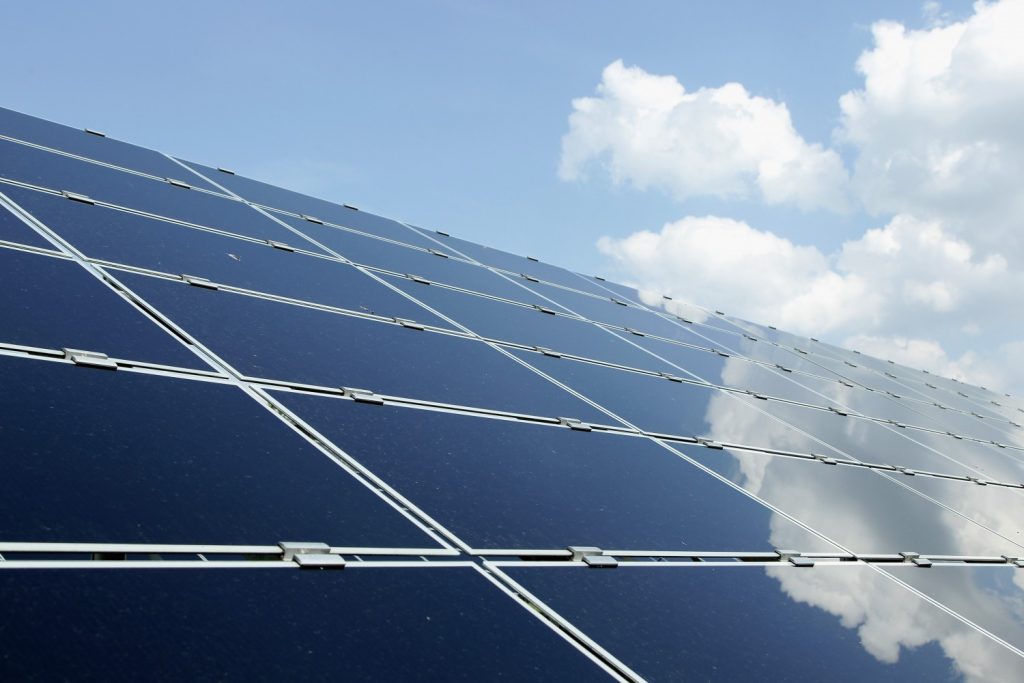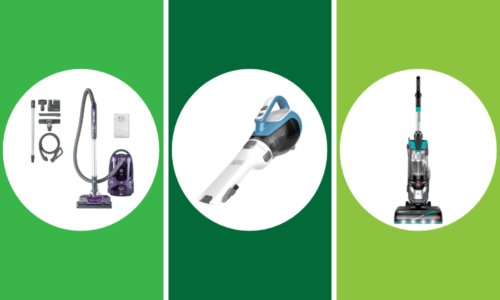Solar panels are the hot—forgive me—new way to power your home. Even a museum dedicated to the history of coal thinks they’re the right idea. Though they come with a certain amount of sticker shock, they can often create a huge return on investment and save you up to $20,000 on your utility bills over the coming decades.
But are solar panels right for you and your home? Here’s what you need to know before you rush out to buy them.
How Much Do Solar Panels Cost?
First of all, remember that the list price for solar panels is often not what you’ll pay. Though household solar photovoltaic (PV) systems can cost, on average, about $23,000 to install, that’s before tax credits and other incentives.
Cities really want you to install solar panels. They save everyone a ton of money. So don’t freak out about the list price. Here’s a convenient chart where you can find out how much your total cost would be, depending on what state you live in. Tax credits and rebates vary depending on where you live, so make sure you do your research.
You also don’t have to put cash down right away on your solar panels. There are plenty of options that involve financing, loans and even a lease on solar panels (although if you choose that last option you won’t get the tax breaks).
How Long Do Solar Panels Last?
Solar panels are a long-term investment. They aren’t like your cell phone or laptop where you need to replace them every few years.
“It’s a ‘set it and forget it’ technology,” Erica Johnson, director of community development for Sullivan Solar Power, told The Penny Hoarder. It’s not going to need to be replaced in five years… It will be producing solar energy for 40 years.”
What Are The Other Benefits Of Solar Panels?
Solar panels can increase the sale value of your home by a significant amount. Even if you don’t plan to move for a few years, that’s something to consider. In sunny California, homes with solar panels sell for $17,000 more than homes without, according to a study from 2011 by the U.S. Department of Energy’s Lawrence Berkeley National Laboratory. And on top of that, almost every state has property tax exclusions for solar panels. So even though your house will be more valuable, your property taxes won’t go up.
Speaking of taxes, solar panels can also lower your taxes significantly. Though the process is complicated, the point remains that there are a number of tax incentives at the federal, state and local levels. The act of installing solar panels can reduce your taxes by thousands of dollars. Just search this database of renewable energy incentives and see what your state offers in the way of tax credits.
Another huge perk is that you’ll be protected against the rising cost of utility bills. The cost of electricity shot up by 3.1 percent in 2014—the largest gain in six years. And even though the U.S. Energy Information Administration predicts that rate will slow down considerably, there’s no way of getting around inflation. But you don’t have to worry about that if you have solar panels!
In that same vein, you won’t have to wonder what your electricity bills will look like each month. Since your bill will be fixed, you’ll be able to budget a lot more easily, and you won’t experience the ups and downs that come with a scorching hot summer or a polar vortex winter.
Do we have you convinced? Don’t go running out the door just yet. Obviously, if you live in a place like Arizona or somewhere else that gets a ton of sunshine, it’s a no-brainer. But if you live in the Bay Area or just don’t have room in your budget for a sizable initial expenditure, you might want to hold off. Either way, at least now you know all the important stuff!








